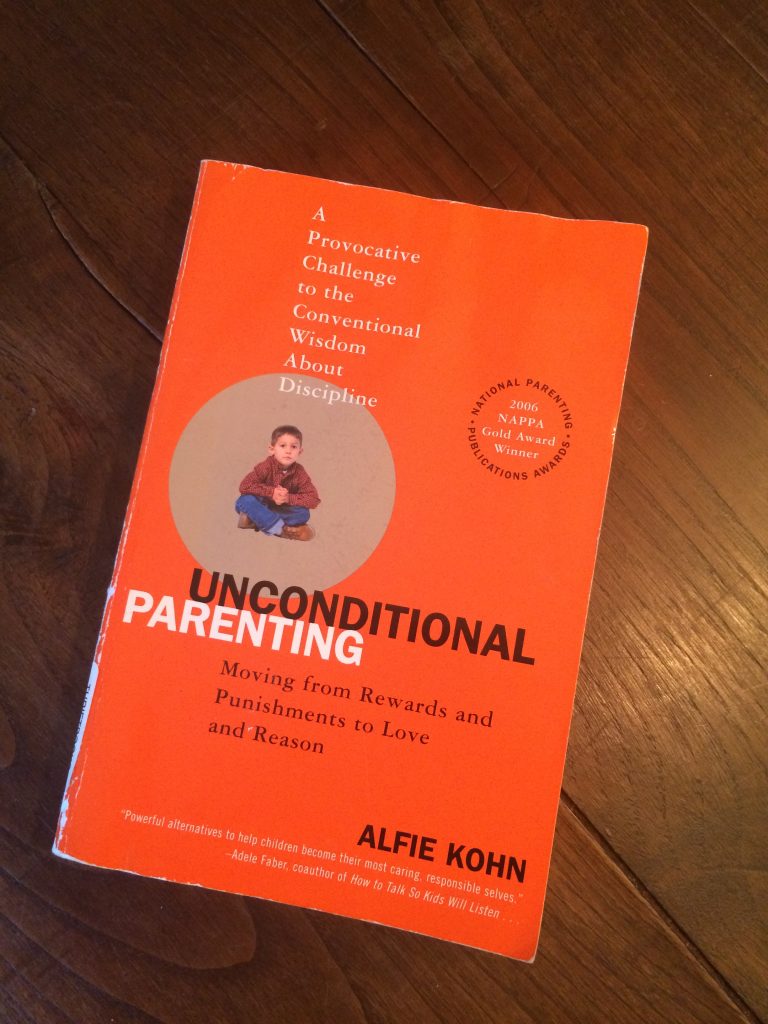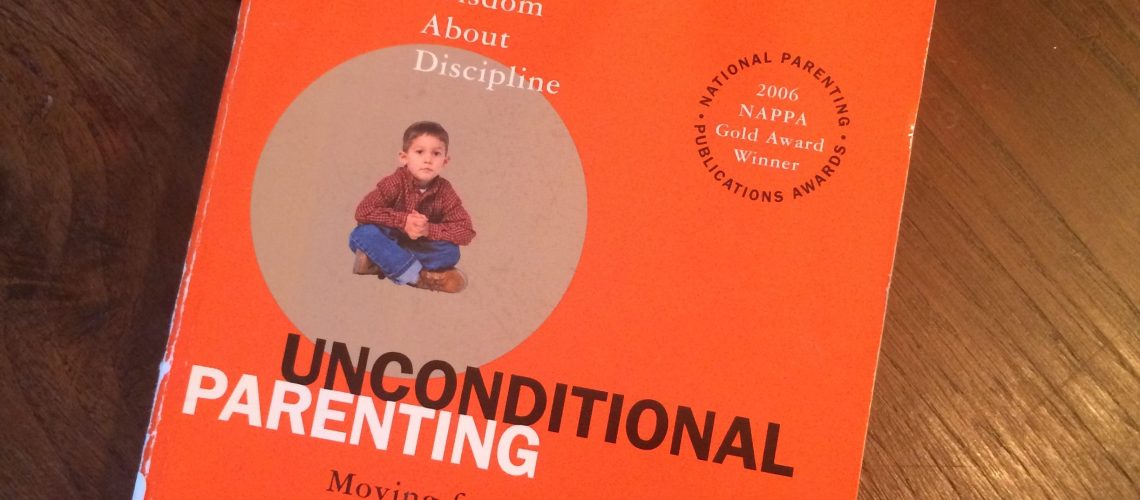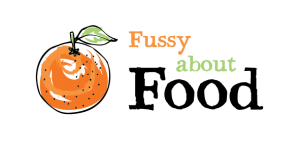When is it OK to use praise to encourage a picky toddler to eat?
I have just finished reading this great book by Alfie Kohn called “Unconditional Parenting”. Kohn disputes the use of rewards and punishments in child rearing. He argues that offering praise is often coercive and an attempt by adults to control a child. This got my thinking about how we use praise and rewards in relation to picky eater toddlers.
The pitfalls of using rewards with a picky eater toddler
It is quite clear that using food as a reward for another behaviour will often teach a child to use food for comfort or reward as an adult. Research also tells us that using food as a reward for eating another food teaches a child that the second, or reward, food is more desirable (“Why else would I be rewarded?”).
Offering a child praise or reward for finishing their plate should also be avoided. This is what is often implied with the phrase: “Just another bite”. These are just a few of the reasons this should be avoided:
- It teaches kids to eat beyond their natural appetite. Encouraging your child to eat more than his appetite dictates circumvents your child’s natural appetite, rather than allowing him to learn to listen to his appetite to tell him just how much he needs to eat.
- For a fussy or picky eater, being encouraged to eat when full may undermine his intrinsic enjoyment of eating. Eating becomes a tool to gain a parent’s recognition and approval.
- A parent can, through the best of intentions, encourage a child to eat more than needed to relieve their own anxiety, or because you have gone to the thought and effort to pay for and prepare a meal. A child will sense this pressure.
In each of these cases, using praise to encourage a child to eat more is to be avoided, and this fits well with Kohn’s argument.
But what about offering attention or praise for trying a new food? If it is as encouragement for trying something new, or something just a bit scary, then should this be avoided too?
How to give a picky eater toddler praise for eating
Ellyn Satter is a paediatric dietitian and therapist and something of a guru in the domain of feeding children. She recommends that parents choose the what, when and where of eating, while the child chooses the if and how much.
If we stick to this motto, and let the child determine if she wants to eat this particular food, or eat more of it, then a parent will not feel the need to pressure the child to have some more. Because of this, a parent will not feel the need to praise a child who eats just a little more, e.g. does what we want her to do, in order to control her eating or appetite. If we allow her to decide when she has had enough, or if she wants to eat this food today or not, then she is controlling her own appetite.
How picky eater toddlers can control parents through food
The problem of coercive praise can also arise when a parent feels that the child is controlling him or her. This sense of a child controlling a parent is heightened if the parent prepares food specially for a child, or prepares something else when a child declines to eat one or more foods already on offer. In this scenario, the parent is no longer controlling the what, but instead the child is. This, in turn, makes parents more likely to use coercion to get the child to do what the parent wants him or her to do.

Love withdrawal
The second problem is what Kohn refers to as “love withdrawal”, which has a negative effect on a child’s behaviour and on the parent(s)’s relationship with the child. By love withdrawal, he means all responses by parents that ostracize a child or let him or her know that we disapprove, such as ignoring a child. He argues that, in most circumstances, this can feel to a child as if the parent doesn’t love him in that moment, and that his parent(s)’s love is conditional on something that he does or doesn’t do.
Trying the food then becomes conditional, something the child must do to satisfy the parent and win back his or her love and approval. And, as Kohn argues, our love and approval is infinitely more important to a child, where we are his or her entire world, than their love is for us (although it might not seem like this, certainly in the moment). Eating and food then become wrapped up in a whole host of emotions that can spoil the enjoyment of food itself. Such a situation hardly bodes for a healthy relationship with food.
Food as an expression of love
Another problem is the emotional attachment parents place on food. This can surface when a parent perceives a child’s refusal to eat something prepared and presented by the parent as the child rejecting the parent. How could we not? We have gone to such effort to plan and prepare food for our child. Acceptance and rejection of food is deeply engrained in our psyche. A parent may then respond with a tit-for-tat rejection of the child unless and until the child at least tries some of the food.
In the scenario described above, food then becomes a battle ground with no clear winner. Your child must know that you accept and love her regardless of whether she has eaten a food you have prepared. In this way, it teaches your child not to attach emotion to food. Inherently, children want to be or become good eaters. We are programmed to enjoy food, and to stop when we have had enough based on our own individual bodies’ needs. If food becomes a battle ground and a clash of wills then this basic human pleasure is taken away. It is easy to see how eating problems early in life have such an impact into adulthood.
Should you praise your picky child for eating or not?
If praise is to fulfil a need of your own (however well-meaning) or an attempt to control your child’s appetite, then no, you shouldn’t. But if the praise is encouragement and positive reinforcement for trying something new, or a little bit scary, then yes, do.
Alternatives to praise for eating
What if this feels artificial, or not something you are naturally inclined to do? You could instead just notice that your child has tried something new: “Hey, you ate some carrot!”. You could invite your child to think about the carrot she just ate by asking what it tasted like, or did it taste like the colour, or something else. You might take the opportunity to offer some more learning about the carrot, by asking if she knows where it grows, or what it looks like when it comes out of the ground, and show some pictures. Or, you could ask what made your child choose to try some carrot today. This might give her, and you, some insight into how to go about trying other new foods.
I am curious to hear your thoughts on using praise for eating. Do you praise to get your child to eat just a little bit more? What would happen if you didn’t? Do you find yourself offering alternatives for refused food? How does it feel when your child refuses your food?
If you would like to read more about giving effective praise, or why it’s a bad idea to offer alternatives for refused food, then sign up here to be the first to hear about future articles like this one that you might find helpful.




